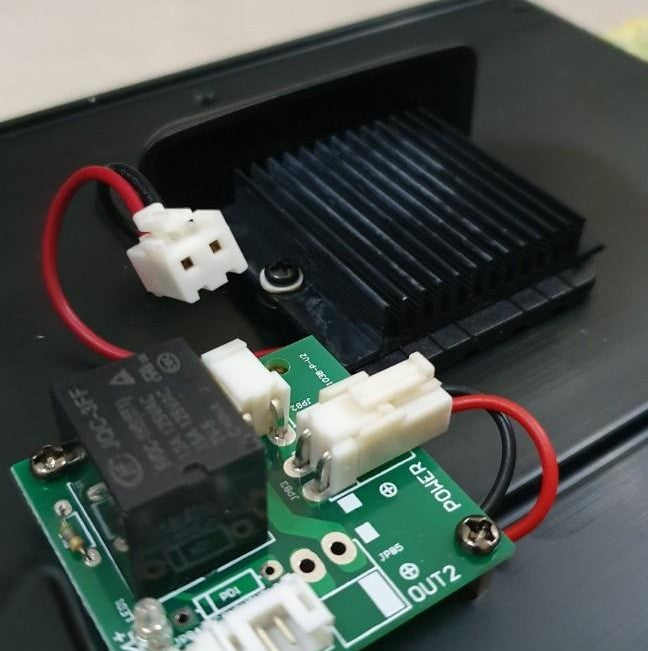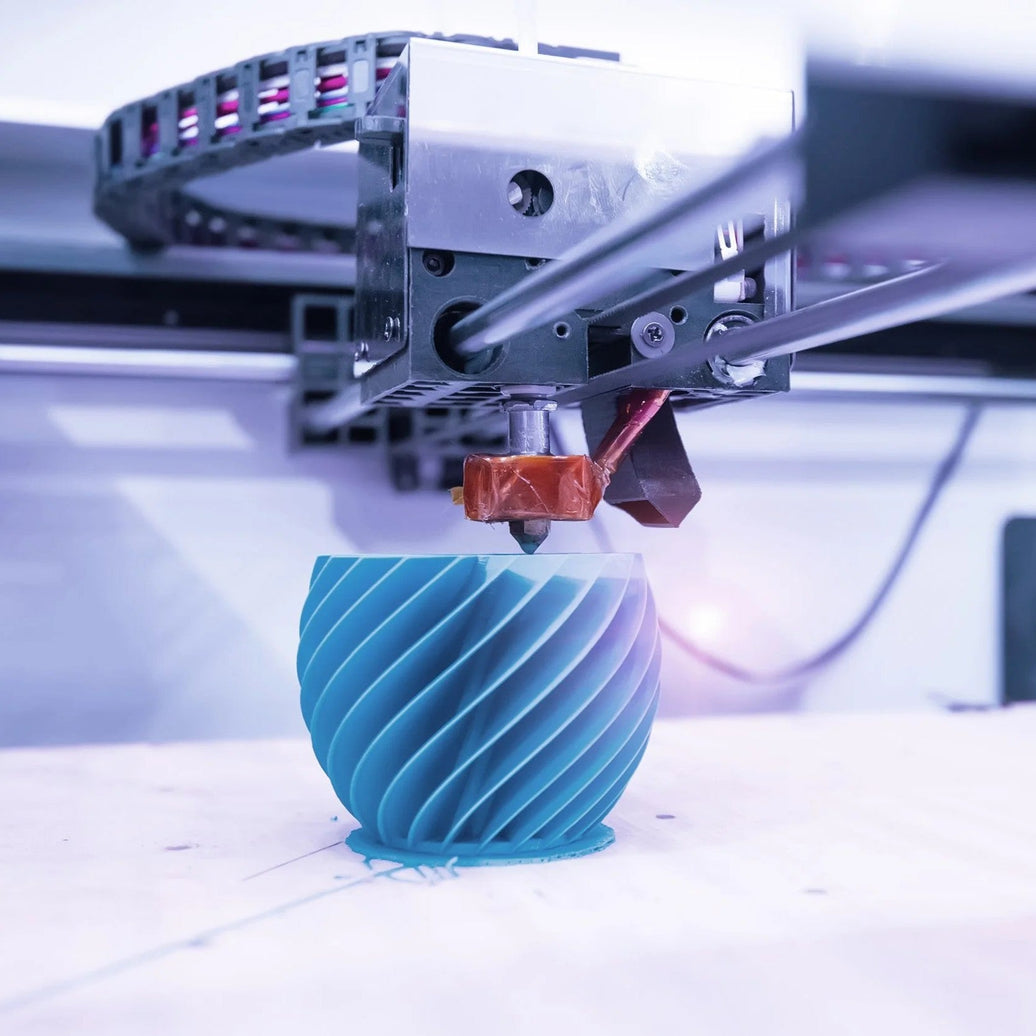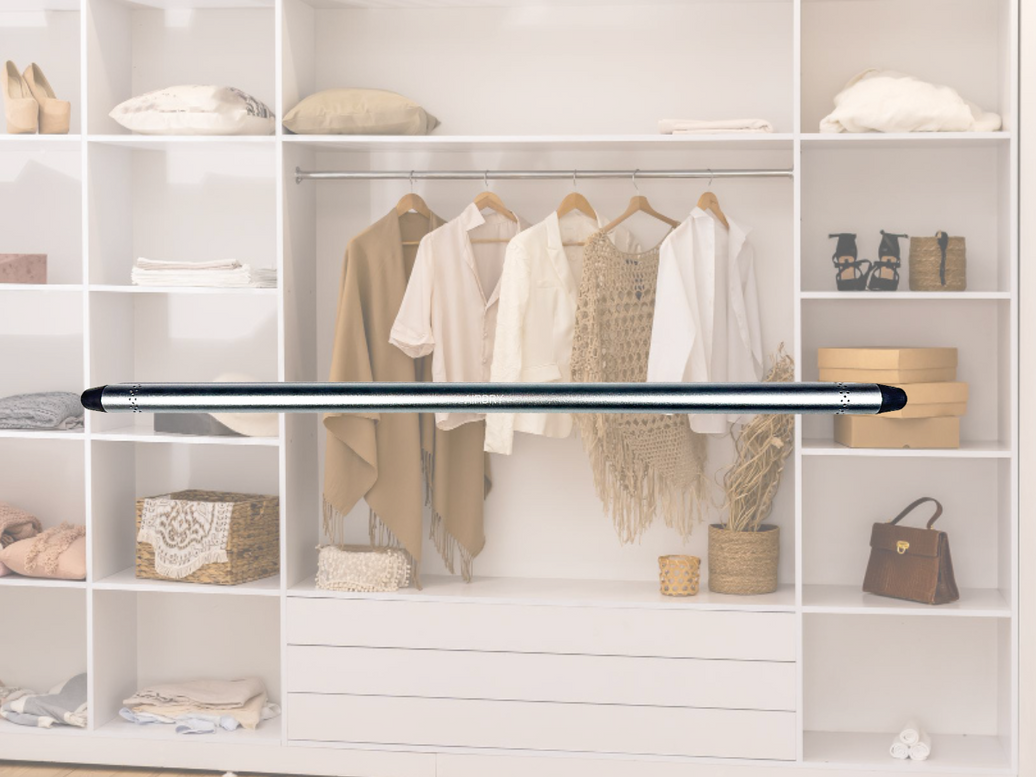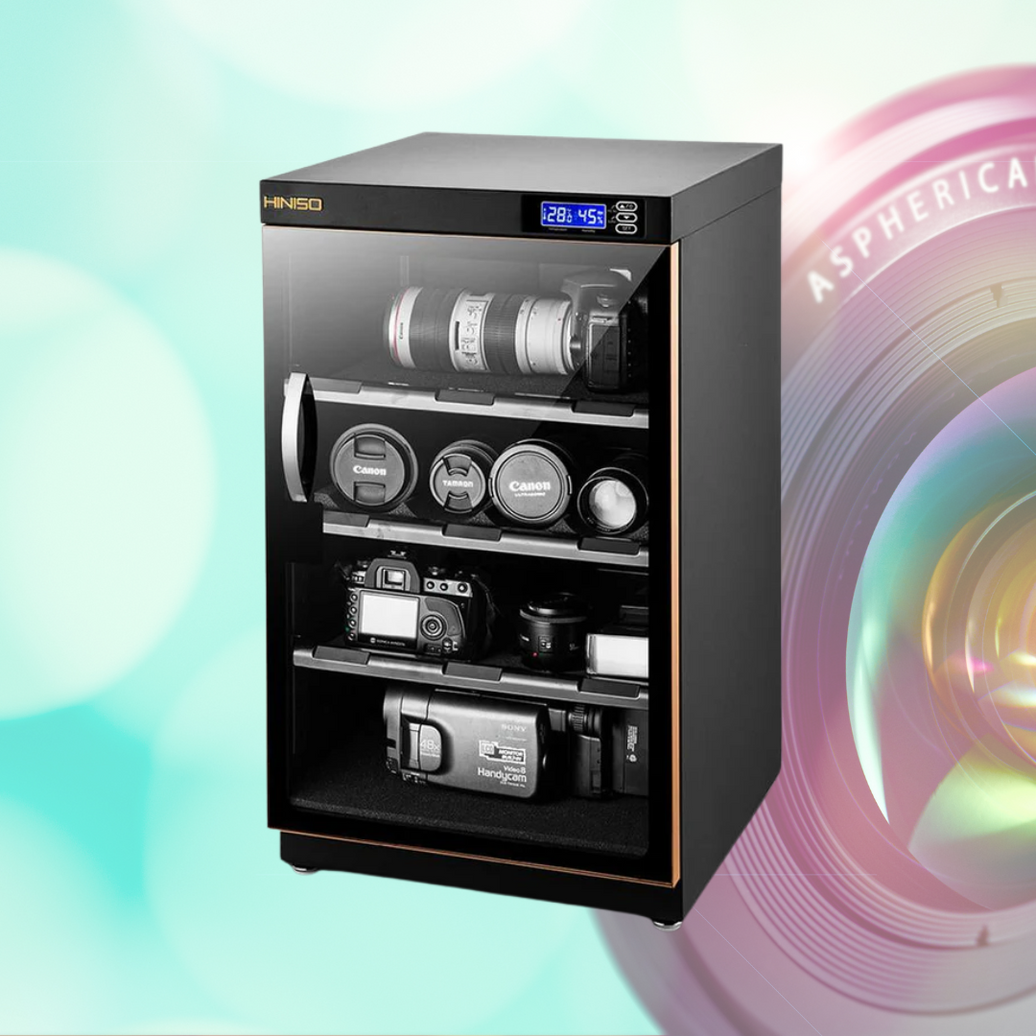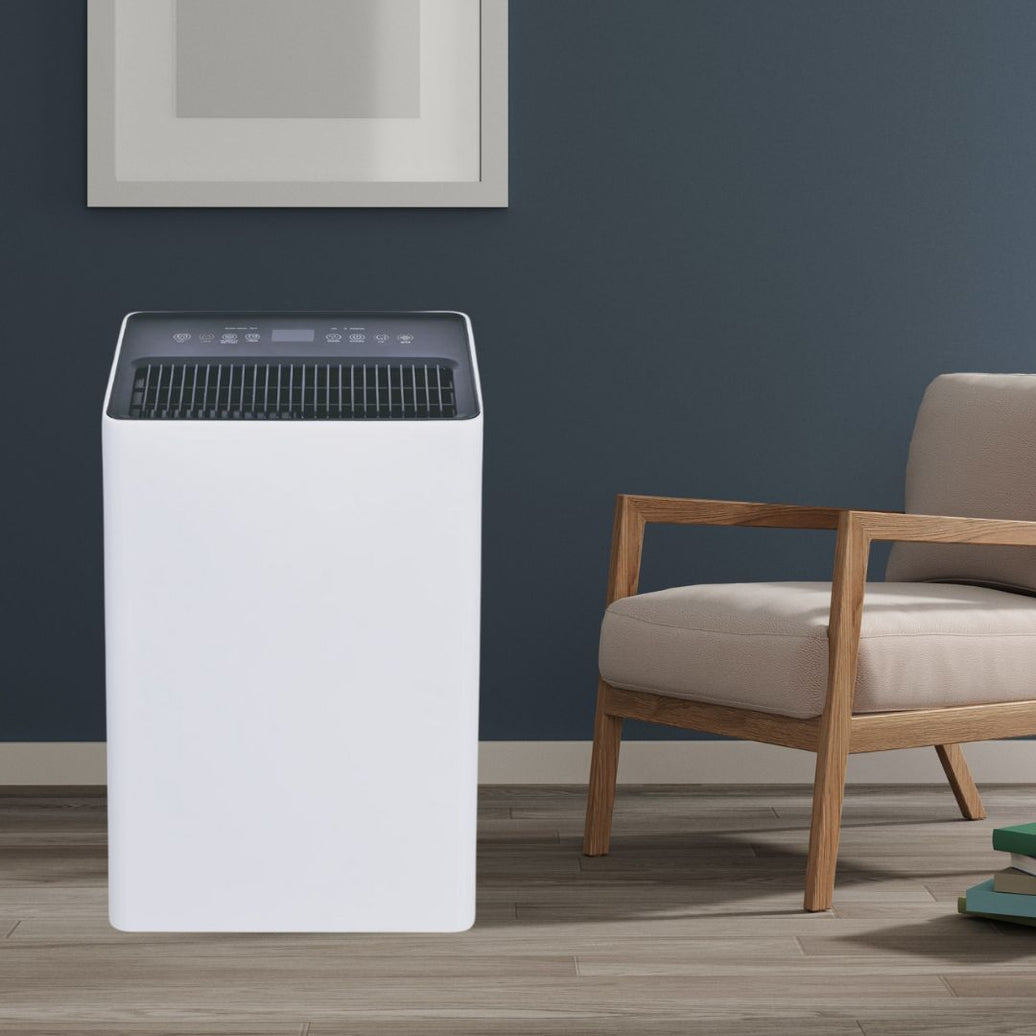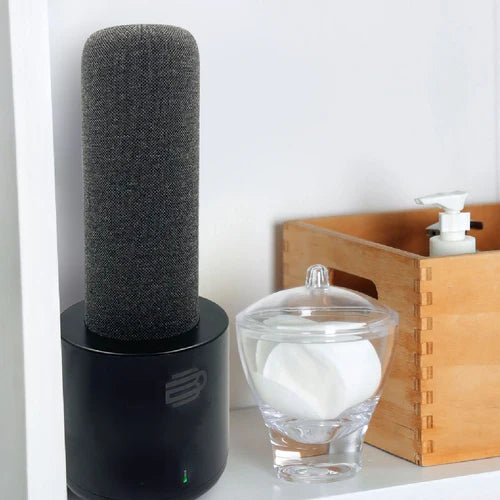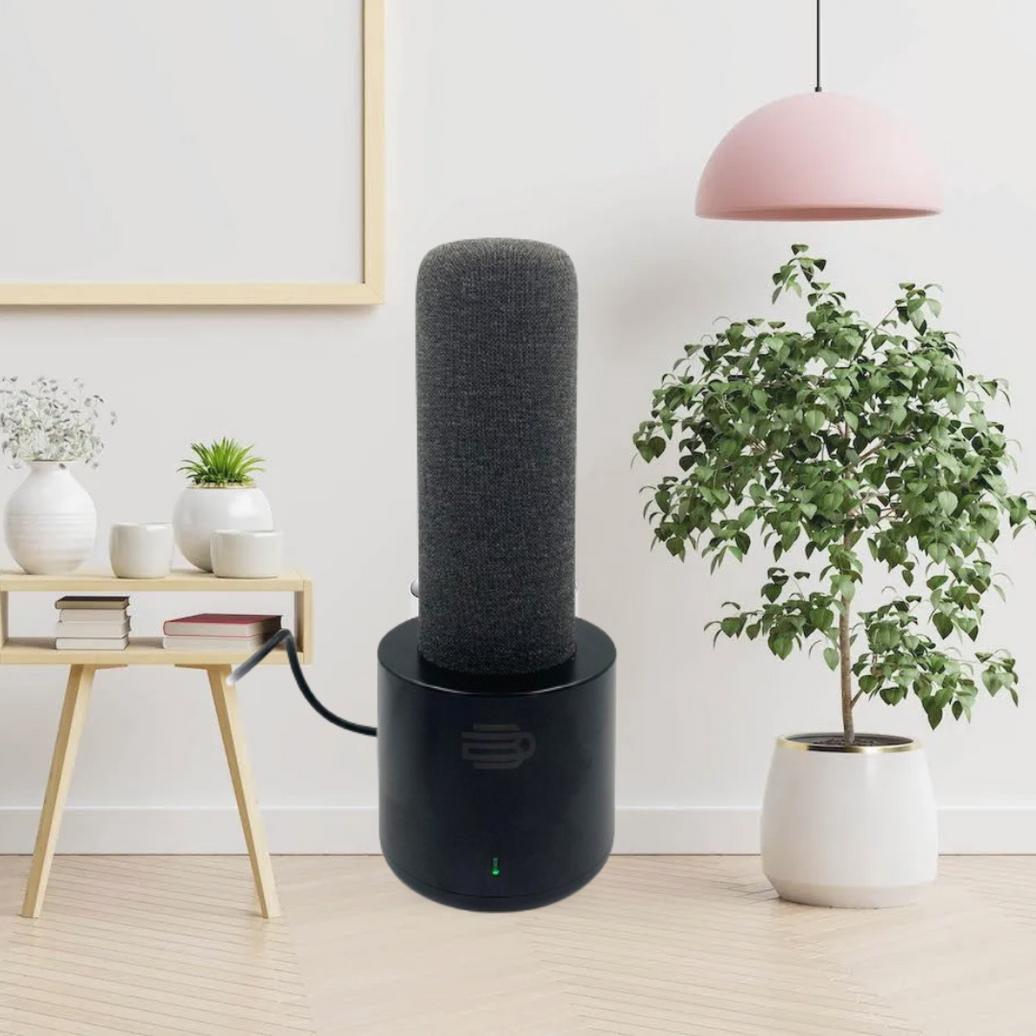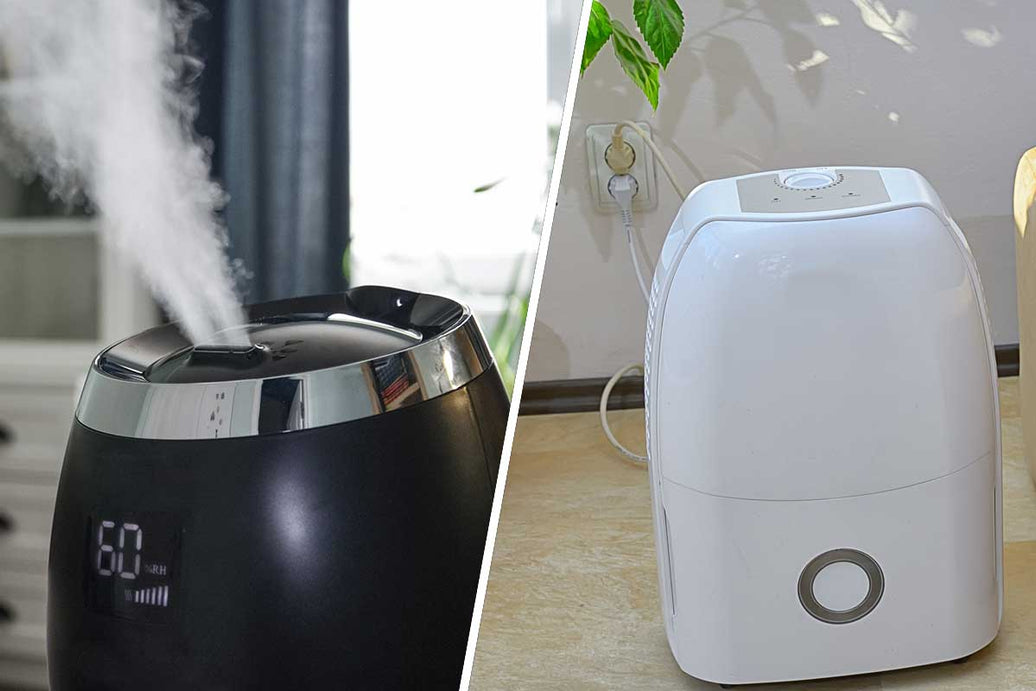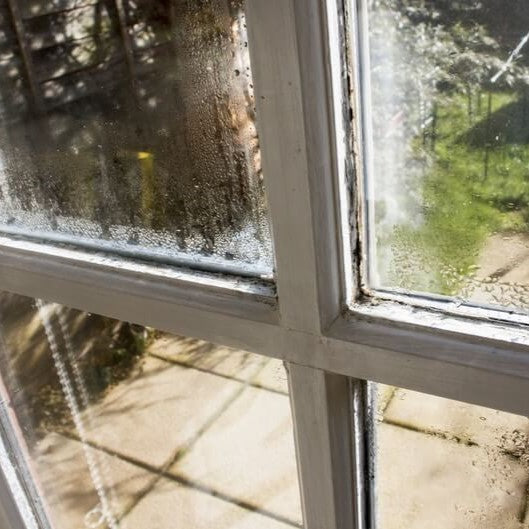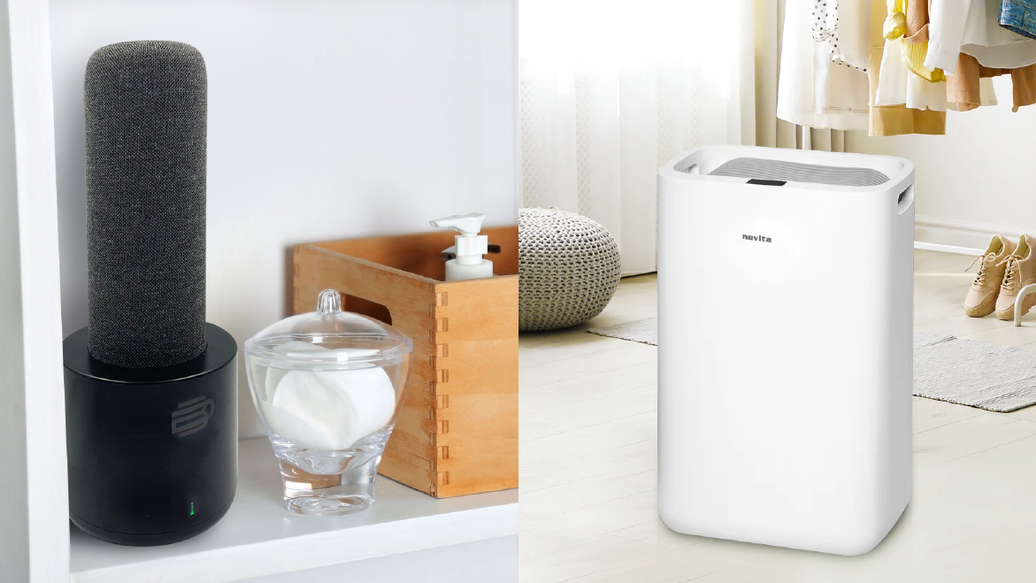Humidity, the amount of moisture in the air, often rises during the night. This phenomenon can be attributed to several atmospheric and environmental factors. Understanding these factors is essential for both comfort and energy efficiency in various settings, including homes and businesses.

1. Temperature Drops at Night
As the sun sets, temperatures begin to fall. Cooler air holds less moisture than warm air, which leads to an increase in relative humidity even if the actual amount of moisture in the air remains the same. This is why you might notice a muggy feeling as the night progresses.
2. Reduced Evaporation
During the day, heat from the sun causes water from the ground, plants, and bodies of water to evaporate, adding moisture to the air. At night, this process slows significantly due to the lack of solar energy. However, the moisture that has already evaporated during the day remains in the atmosphere, contributing to higher humidity levels.
3. Stable Atmospheric Conditions
At night, the atmosphere typically stabilizes with less wind and turbulence. This stable layer prevents the mixing of air layers, causing moisture to accumulate near the surface. The result is a noticeable rise in humidity as the air near the ground becomes more saturated.

Does Increased Humidity Raise Temperature?
It’s a common misconception that increased humidity leads to higher temperatures. In reality, while humidity can make the air feel warmer due to the way it affects our perception of temperature (known as the heat index), it does not actually increase the air temperature itself.
However, higher humidity can impact how the temperature is felt by living beings. When the air is humid, sweat evaporates more slowly from our skin, making it harder for our bodies to cool down. This can create a sensation of warmth, even if the actual temperature remains unchanged.
Conclusion
Understanding why humidity increases at night and how it interacts with temperature is vital for creating comfortable living environments. While humidity can influence our perception of temperature, it doesn’t directly raise it. Managing humidity levels through proper ventilation and dehumidification is crucial, particularly in climates where nighttime humidity can become oppressive.
By comprehending these dynamics, you can take better control of your indoor environment, ensuring comfort and efficiency in your living or working spaces.




